MentalGPT - Mental Health AI Support
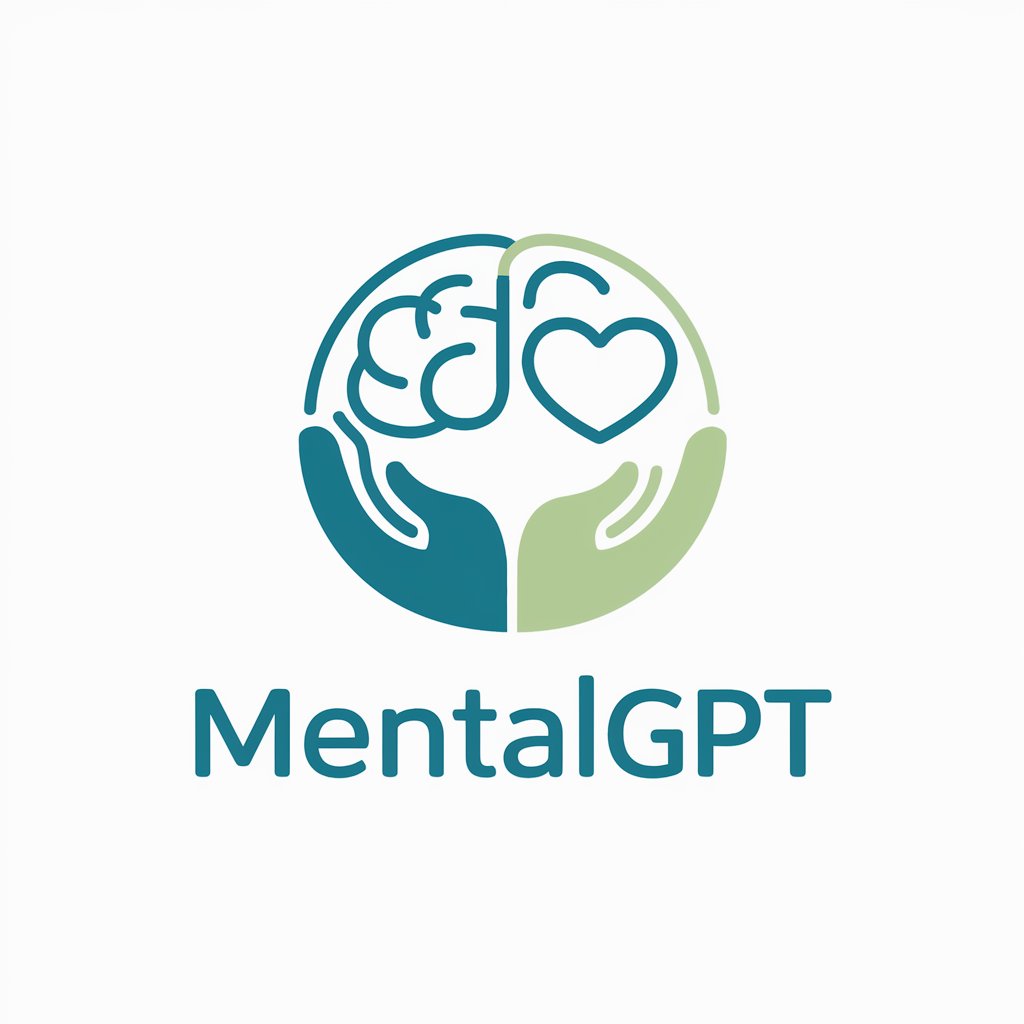
Hi there! How can I support your mental well-being today?
Empowering Mental Health with AI
I'm feeling overwhelmed and don't know where to start. Can you help?
I've been struggling with anxiety lately. Do you have any tips?
How can I improve my mental well-being on a daily basis?
What are some effective strategies for managing stress?
Get Embed Code
Overview of MentalGPT
MentalGPT is designed as a conversational AI tailored to address and support mental health concerns. It functions by providing empathetic, non-judgmental responses to users seeking advice or information related to psychological well-being. The primary aim is to offer a safe, accessible platform for discussing mental health issues, enhancing user awareness, and sometimes guiding them towards professional help if necessary. For example, a user might come to MentalGPT feeling stressed about upcoming exams; MentalGPT would respond by discussing stress management techniques and offering encouragement to help alleviate anxiety. Powered by ChatGPT-4o。

Core Functions of MentalGPT
Providing Emotional Support
Example
A user expresses feeling lonely and depressed. MentalGPT responds with comforting words, strategies for managing these feelings, and suggestions for seeking further help if the feelings persist.
Scenario
Scenario: A college student struggling with loneliness during the pandemic finds solace and practical advice in chatting with MentalGPT.
Offering Mental Health Education
Example
MentalGPT explains the symptoms of anxiety disorders to a user who is unsure about their recent feelings of panic and stress.
Scenario
Scenario: An individual suspects they might be experiencing signs of an anxiety disorder. MentalGPT provides detailed, understandable information about anxiety symptoms, causes, and potential treatments.
Guiding Towards Resources
Example
If a user needs more specialized help, MentalGPT can suggest online resources, books, and how to find local mental health professionals.
Scenario
Scenario: A user is dealing with grief and doesn't know where to turn. MentalGPT offers information on support groups and professional counseling services available in their area.
Stress and Coping Strategies
Example
MentalGPT discusses various coping mechanisms such as mindfulness exercises, breathing techniques, and physical activities to help manage stress.
Scenario
Scenario: A professional facing burnout at work uses MentalGPT to learn and apply stress reduction techniques effectively.
Target User Groups for MentalGPT
Individuals Experiencing Mild to Moderate Mental Health Issues
People who are dealing with stress, anxiety, depression, or loneliness can find initial guidance and support, making MentalGPT a preliminary step before seeking professional advice.
People Seeking General Mental Health Information
Those curious about mental health topics, symptoms of mental health conditions, or looking to improve their overall psychological well-being benefit from MentalGPT’s educational content.
Students and Professionals Needing Emotional Support
Students overwhelmed by academic pressures or professionals facing workplace stress may use MentalGPT to receive immediate supportive dialogue and practical coping strategies.
Elderly Individuals Looking for Social Interaction
Older adults who may feel isolated can engage in regular conversations with MentalGPT, using it as a tool to lessen feelings of solitude and maintain mental agility.

How to Use MentalGPT
Initiate Trial
Visit yeschat.ai to start using MentalGPT immediately without needing to log in or subscribe to ChatGPT Plus.
Define Objectives
Clarify your objectives by deciding whether you need assistance with mental health education, coping strategies, or exploring psychological theories.
Ask Questions
Pose specific questions or describe scenarios to receive tailored advice and insights relevant to your mental health inquiries.
Use Features Wisely
Utilize the tool's browsing capability for real-time updates and image generation to enhance understanding and support for mental health topics.
Review and Reflect
Regularly review the insights and advice provided, and consider how they apply to your situation or academic studies.
Try other advanced and practical GPTs
Architectural Genius
Crafting Dream Homes with AI

Pawsome Pet Names
Tailoring names to match your pet’s pawsonality!

Removals Leicestershire
Smart AI-driven moving solutions

LOMLOE - D38/22 - MATEMÁTICAS
Empowering Math Education with AI
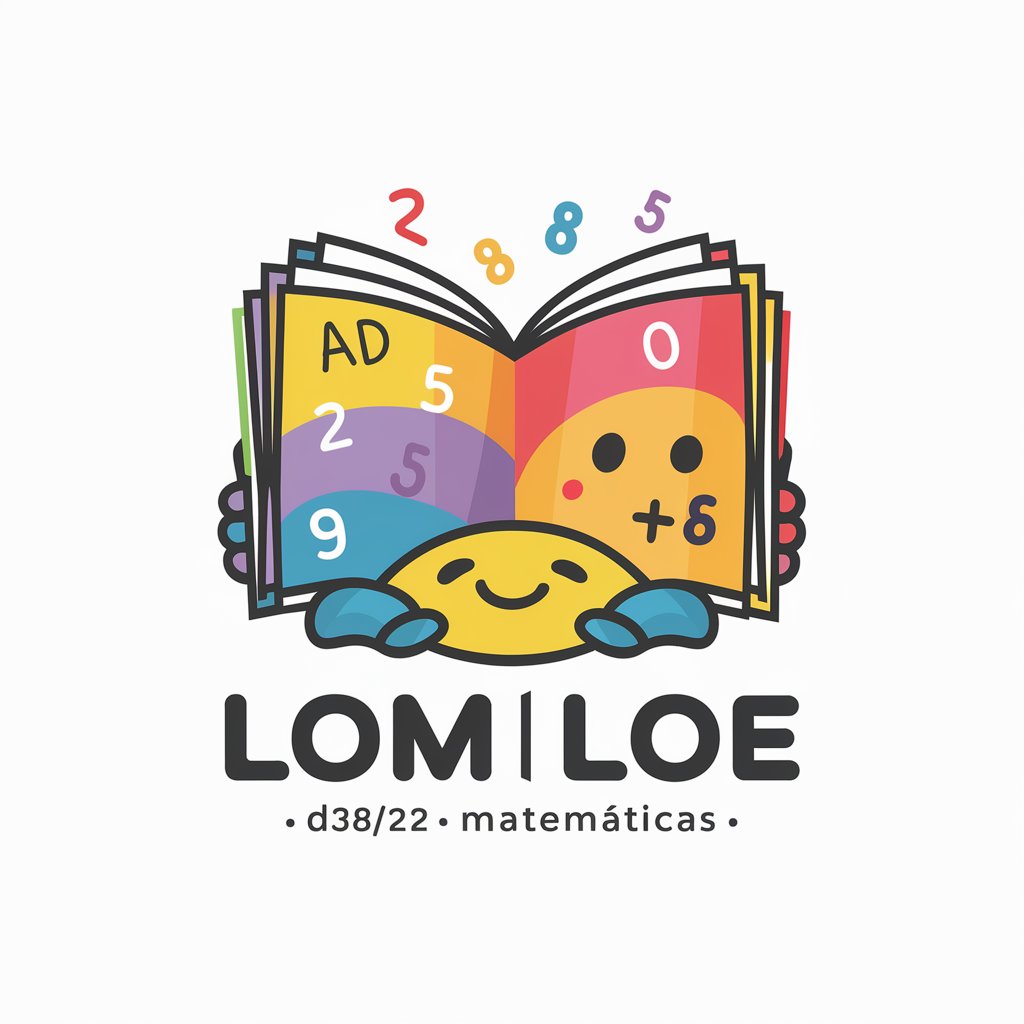
Haven meaning?
Empower your words with AI.
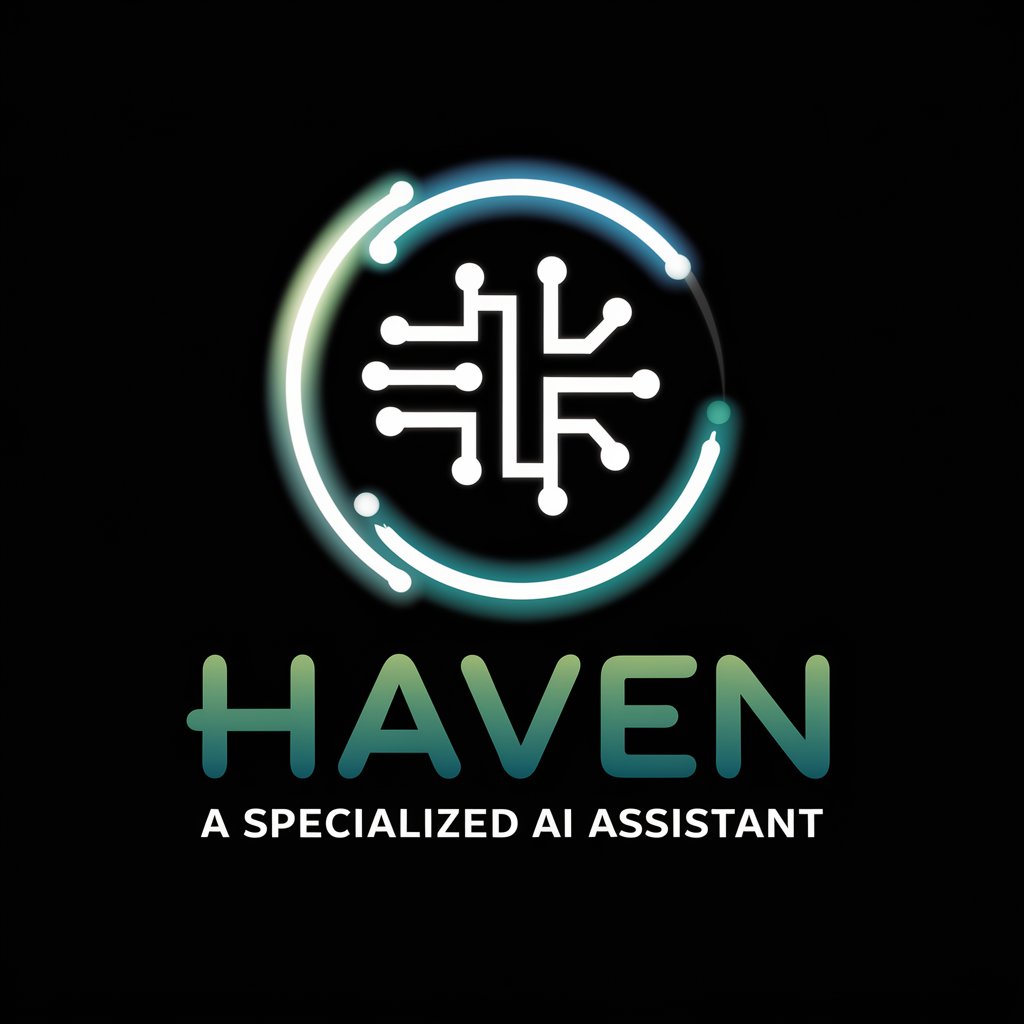
Mental Picture meaning?
Illuminate Ideas with AI

Equity Analyst
Empowering your investment journey with AI.

Management Occupations Assistant
Empowering Leaders with AI Insight

En Una Ciudad Cualquiera meaning?
Power Your Creativity with AI

Code Tutor Pro
Your AI-powered Coding Coach
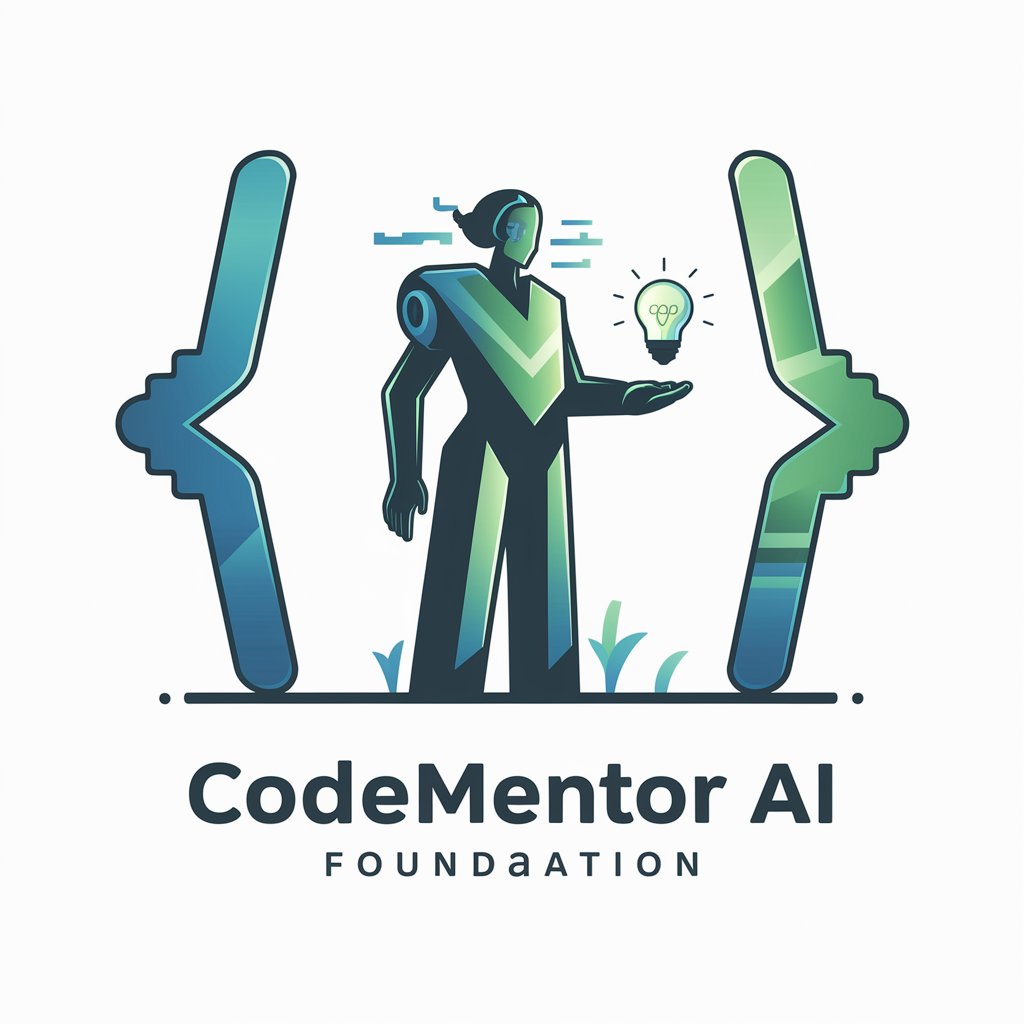
IA Real Estate Agent
Your AI-powered Real Estate Consultant

Online Education Consultant
Elevate e-learning with AI-powered insights.
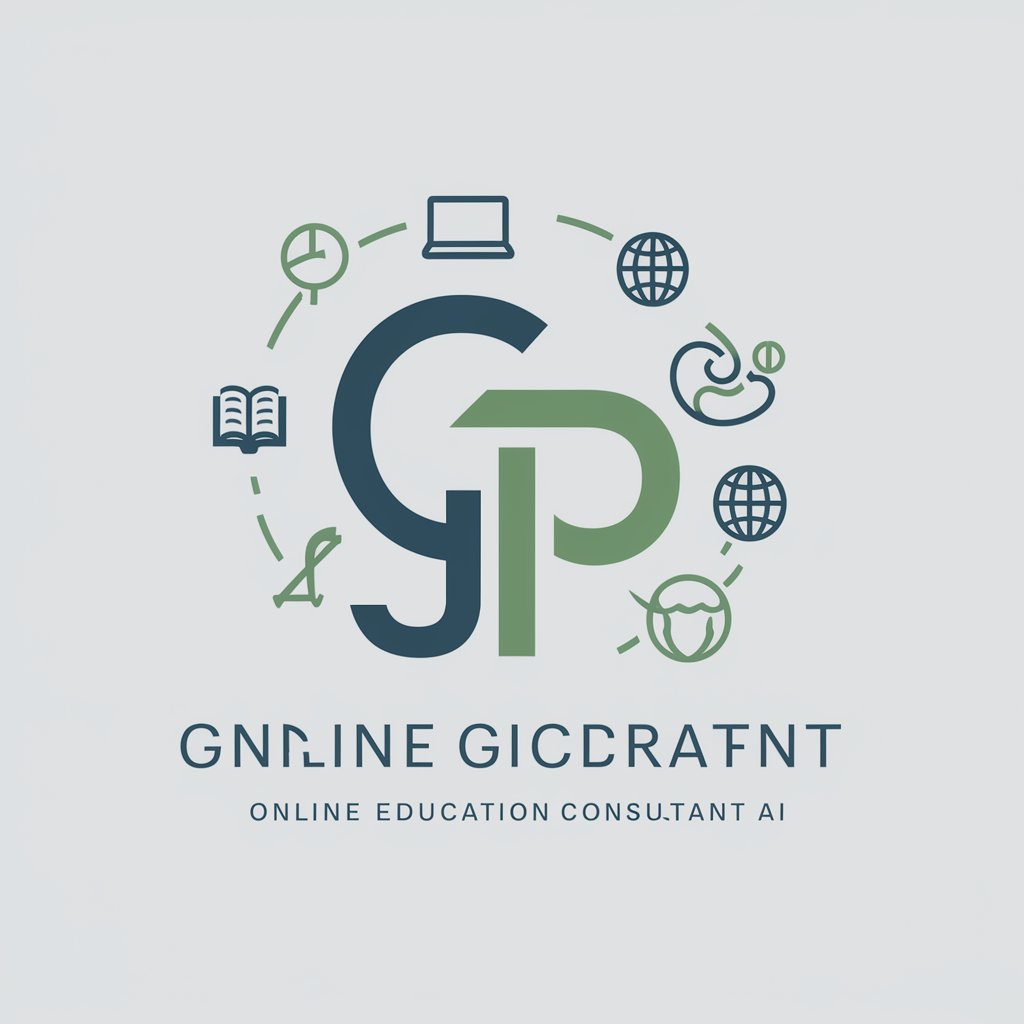
Frequently Asked Questions About MentalGPT
What is MentalGPT?
MentalGPT is a specialized AI tool designed to provide support and information on mental health topics. It offers empathetic, accurate responses to questions, aiding users in understanding psychological concepts, accessing mental wellness tips, and exploring therapeutic techniques.
How can MentalGPT assist in educational contexts?
In educational settings, MentalGPT serves as a resource for understanding psychological theories, mental health disorders, and therapeutic practices. It can aid students in preparing for exams, writing papers, and conducting research by providing detailed explanations and up-to-date information.
Can MentalGPT provide therapy?
MentalGPT is not a substitute for professional therapy. It is designed to offer information and support, helping users explore mental health concepts and self-help strategies. For clinical therapy, always consult qualified healthcare providers.
What are the limitations of using MentalGPT for mental health support?
While MentalGPT can offer guidance and information, it lacks the personalization and judgment a licensed therapist can provide. It should not be used for diagnosing or treating mental health conditions. Always seek professional advice for serious health concerns.
How does MentalGPT stay updated on mental health topics?
MentalGPT utilizes continuous learning from a wide range of sources and updates in the mental health field to provide current and relevant information. This includes the latest research, therapy techniques, and wellness trends.
